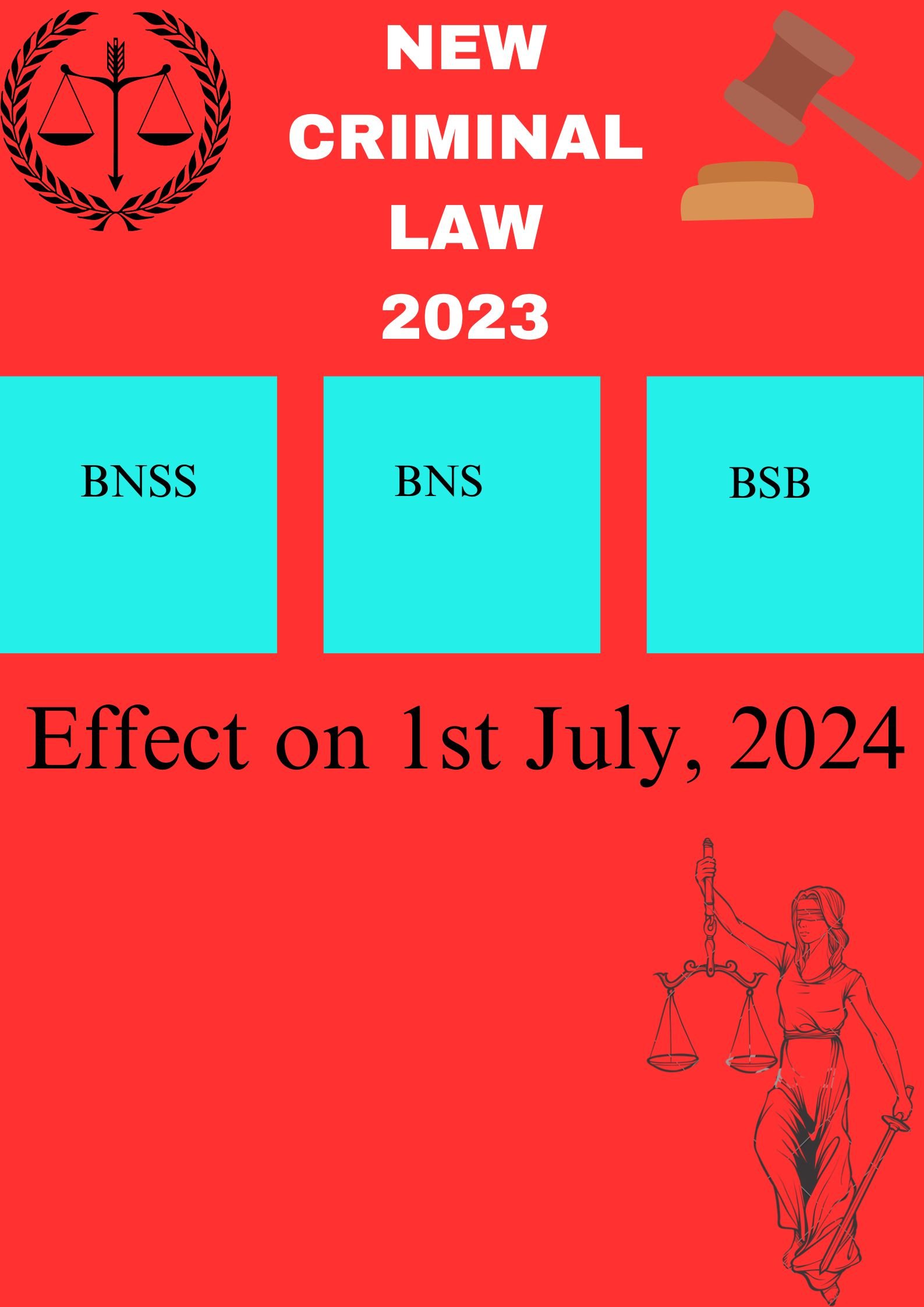Even though the goal for passing the three new criminal laws may have been noble, the Madras High Court stated on Friday that the namesake of the statutes has created confusion.
The bench consisting of Justice SS Sundar and Justice N Senthil Kumar further stated that although the public and stakeholders were consulted before the laws were passed, this was merely a formality and the opinions were not taken into consideration.
“The object might be good but it has created chaos. Objections and opinions were called for but it was only a formality. None of them were implemented,” it said.
During the hearing of several petitions in Public Interest Litigation contesting the three criminal laws, the Court made the following observations.
“Normally though, at least in principle, if the government wants to make an amendment to even a simple legislation, it is first sent to the Law Commission for its opinion,” the Court stated at the time.
The Bharatiya Nyaya Sanhita, Bharatiya Nagarik Suraksha Sanhita, and Bharatiya Sakshya Adhiniyam are the three criminal laws whose names the Court also questioned.
“In the present case, you (Union of India) wanted to make some amendments, what was the need to change the names of the laws? It is only to confuse the public,” the bench said.
The Dravida Munnetra Kazhagam’s (DMK) organising secretary, RS Bharathi, submitted the petition that was heard today.
According to the complaint, the new criminal laws have a “concerted design to weaponize the law by criminalizing democratic and peaceful acts of expressing dissent and opposition to state policies, systematically dismantle the most fundamental principles of criminal jurisprudence, such as the right to free and fair trial, and centralize powers of the police and provide impunity and ensure immunity of the police and state officials.”
Following a short hearing today, the Court listed Bharathi’s petitions together with other relevant PILs contesting the criminal statutes and declared that it will look into the subject more thoroughly.
The Union of India was given four weeks to respond to the petitions.
The Court had already turned down a PIL contesting the Sanskrit/Hindi names assigned to the three new legislation.


